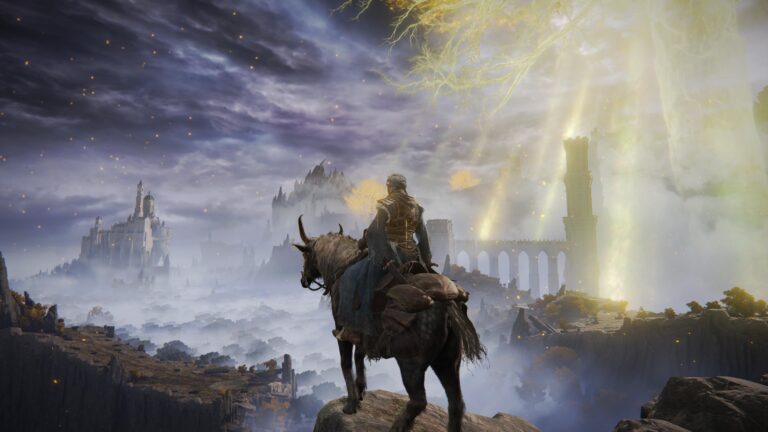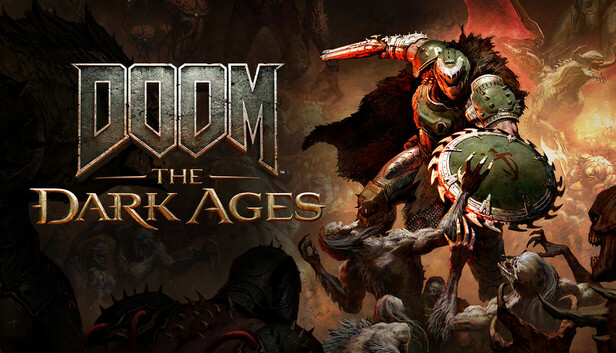Game data not found.
Story
The Bushido immerses players in a rich narrative set during the tumultuous Sengoku period of Japan, a time characterized by social upheaval, political intrigue, and near-constant military conflict. The game follows the journey of a young samurai named Hiroshi, who finds himself torn between his duty to his lord and his personal quest for justice. As the story unfolds, players are introduced to a range of historical figures and fictional characters, each contributing to the intricate tapestry of alliances and betrayals that define the era.
Hiroshi’s journey is one of honor and redemption. Following a tragic event that sees his family dishonored and scattered, he embarks on a quest to restore his family’s name and uncover the truth behind the conspiracy that threatens to plunge the entire region into chaos. The narrative is rich with themes of loyalty, sacrifice, and the philosophical tenets of bushido—the samurai code of conduct. Throughout the game, players are faced with moral choices that can alter the course of the story, leading to multiple endings that reflect the complexity of the samurai ethos.
Gameplay
The Bushido blends action-adventure elements with RPG mechanics, offering a dynamic and engaging gameplay experience. Players control Hiroshi as he traverses expansive open-world environments, engaging in combat, completing quests, and interacting with various NPCs. The game features a robust combat system that emphasizes skill and strategy, requiring players to master a range of samurai techniques and weaponry.
Combat in The Bushido is both fluid and challenging, with a focus on precision and timing. Players can execute a variety of attacks, counters, and special moves, each tied to different stances and weapons. The game allows for customization of Hiroshi’s abilities and equipment, enabling players to tailor their fighting style to suit their preferences. In addition to swordplay, stealth elements play a crucial role, allowing players to approach situations with a tactical mindset.
The RPG elements of the game are equally compelling. Hiroshi can gain experience points through combat and quest completion, which can be used to improve his skills and abilities. The game also features a crafting system, enabling players to forge new weapons and upgrade existing ones using materials found throughout the world. These mechanics add depth and replayability, encouraging players to explore every corner of the beautifully rendered game world.
Graphics and Sound
The Bushido is a visual masterpiece that captures the essence of feudal Japan with stunning detail. The game’s environments are meticulously crafted, ranging from lush forests and tranquil villages to imposing castles and bustling towns. The attention to detail is evident in the architecture, clothing, and weaponry, all of which reflect historical accuracy and artistic flair.
The character models are equally impressive, with lifelike animations and expressive facial features that enhance the storytelling experience. The game’s dynamic weather and day-night cycle further contribute to the immersive atmosphere, creating a living, breathing world that feels both authentic and fantastical.
Sound design in The Bushido is equally noteworthy, with a soundtrack that perfectly complements the game’s setting and tone. Traditional Japanese instruments blend seamlessly with orchestral arrangements, creating a haunting and evocative soundscape. The voice acting is superb, featuring a talented cast that brings each character to life with conviction and emotion. Sound effects are crisp and realistic, from the clash of swords to the rustle of leaves, enhancing the overall sensory experience.
Legacy and Reception
Upon its release, The Bushido received critical acclaim for its storytelling, gameplay mechanics, and audiovisual presentation. Critics praised the game for its ability to balance historical authenticity with engaging gameplay, offering a fresh take on the samurai genre. The moral choices and multiple endings were highlighted as standout features, providing players with a sense of agency and consequence.
The game’s dedication to portraying the samurai ethos resonated with players, sparking discussions about the philosophical aspects of bushido and its relevance in modern gaming narratives. The Bushido’s success has led to a dedicated fanbase, with players eagerly discussing and sharing their experiences, theories, and strategies online.
In terms of legacy, The Bushido has set a new standard for samurai-themed games, influencing subsequent titles in the genre. Its impact is evident in the renewed interest in historical action-adventure games and the way developers approach storytelling and character development. The game’s blend of historical accuracy and engaging gameplay has inspired a wave of similar titles, each seeking to capture the magic that The Bushido delivered so effectively.
Conclusion
The Bushido stands as a testament to the enduring appeal of samurai culture and the timeless themes of honor, loyalty, and redemption. Its masterful storytelling, combined with innovative gameplay mechanics and breathtaking visuals, have cemented its place as a modern classic. The game’s impact on the industry is undeniable, influencing both players and developers alike. As a result, The Bushido not only entertains but also educates, offering a window into the world of the samurai and the philosophical principles that guided them. Its legacy will continue to inspire and captivate audiences for years to come.















